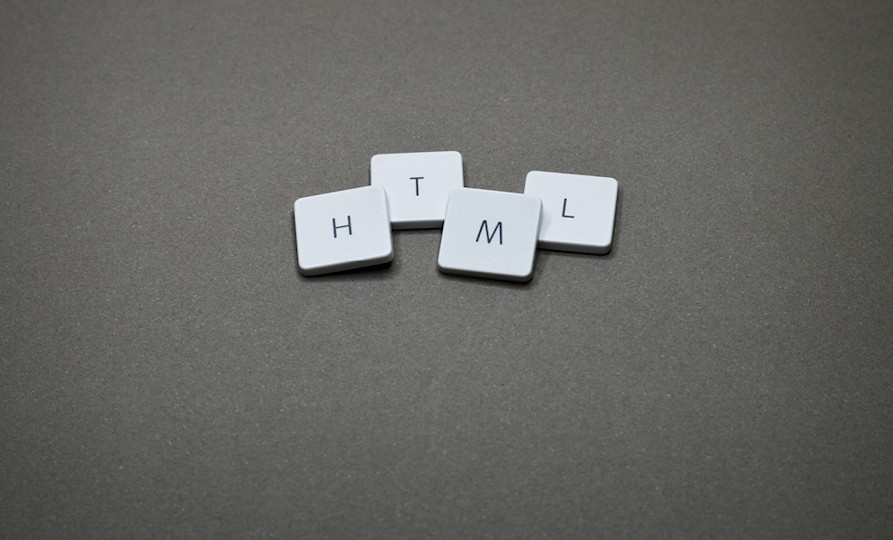Why page download speed is important for your SEO
Tackling the fundamentals of SEO can be challenging. Google algorithms rules and regulations are constantly shifting and changing. Thus, a talented content marketer needs to know how to stay on top of trends. Your website page download speed is simply one of the factors necessary to consider. Page download speed affects your client user-experience, your SEO and your ranking. So, how can you make sure your page download speed is up to par and affecting your SEO in a positive way?
There are many strategies to consider when looking at your page download speed in relation to SEO. Regardless if you’re a growing or established business, we’re here to help you understand why page download speed is such an important factor.
Here’s how page download speed impacts your SEO!
What exactly is page speed?
First, we need to clarify what we mean by page speed, as it is often confused with site speed. When we think about page speed, we should be thinking about how long it takes for a specific page to load, i.e. the exact time it takes to fully display the content on a specific page. In other terms, it is also how long it takes your browser to receive the first bite of information from the web server you’re on. So, now that we’ve gotten that clarification out of the way, let’s look at things that lower your page speed.
Factors that lower your page speed
It’s likely you’ve read that the average consumer will only wait 3 seconds or less before leaving a website that hasn’t loaded. The average page load time sits somewhere between 2 and 7 seconds, with e-commerce sites sitting on the higher end of that scale. There are plenty of factors that affect the loading speed of your website, and it’s important to consider them individually to be certain that they’re not impacting your ranking.
Host: Who hosts your website? If you’re not paying very much for hosting but finding that your page takes more than 4 seconds to load, this may be why. A cheap host can definitely affect your page speed, so choose the right one for the size of your business as well as your needs.
Images: If you’re using images which are large, heavy or uncompressed, these can have a huge impact on your page speed. When using images in blog posts and on your website, try working with PNGs instead of JPEGs, especially in places where high resolution isn’t necessary. However, do be certain that images aren’t overly compressed so that they appear blurry.
Embedded media: If you’re using external media such as high-quality video, this can definitely lower your load time. However, you likely know the value of working with video content. So, if you’re still looking to use them, free up some space by hosting on your own server.
Too many ads: Trying to pull potential customers in with advertising is one thing, but an overabundance of ads can completely slow down your page loading speed. Try to keep advertising to a minimum, as too many will also drive away customers.
Widgets and themes: If you’re using a website building platform that allows widgets, some of these can make an impact on your page speed. The same applies if you’re working with a theme on your website. If the theme you’re using is overly affected, then it’s likely that everything will load slower.
Looking for experts to improve your website's download speed?
Contact us so we can refer you to specialists in our network
The best SEO practices to improve page speed
As we mentioned, the speed at which pages load is one of the signals that Google algorithms use to rank your page. Not only this, but a slower page loading time means that Google and additional search engines can crawl fewer pages and this has the ability to have an adverse effect on your indexation. But at this point it should be evident that page speed is fundamental to positive user experience, and thus looking for ways to improve it. Here are some SEO practices that can help to improve your page speed!
Compression
If files are compressed, your pages will load quicker and run smoother. Therefore, we’d suggest working with additional software apps to reduce the size of your CSS, HTML, and JavaScript. Programs like Photoshop can be used to compress photos while making sure the image quality is still up to par.
Redirects
If your pages are consistently redirecting to other pages, your website visitors will have to wait for the HTTP request-response cycle. This can slow down your page speed dramatically, so avoid it whenever possible.
Optimize your code
By minifying CSS, Javascript and HTML, you will dramatically increase the speed of your page. Also, let your programmer know to remove any unused code, code comment of excessive formatting to speed things up!
Server response time
Server response time and website traffic work hand in hand, alongside the resources each page uses, your software and your host. To improve these interacting factors, look for places where the performance is overloaded such as a lack of adequate memory, slow database queries or routing.
Optimize images
Be certain that images aren’t so large, they overwhelm your website and slow down page loading time. Check that images are in the correct format as well as being compressed. If you’re frequently working with specific buttons and icons, we’d suggest using CSS sprites in order to create a template for images that are frequently used.
Browser caching
The browser cache so much information on a daily basis. This is so everything won’t need to reload when the same visitor comes back to the page. Set a time limit for how long you want information to be kept, and this will allow some space to free up and loading speed to improve.



